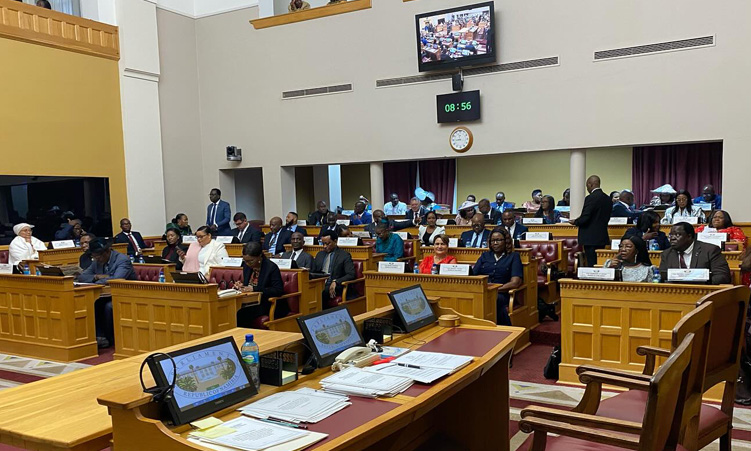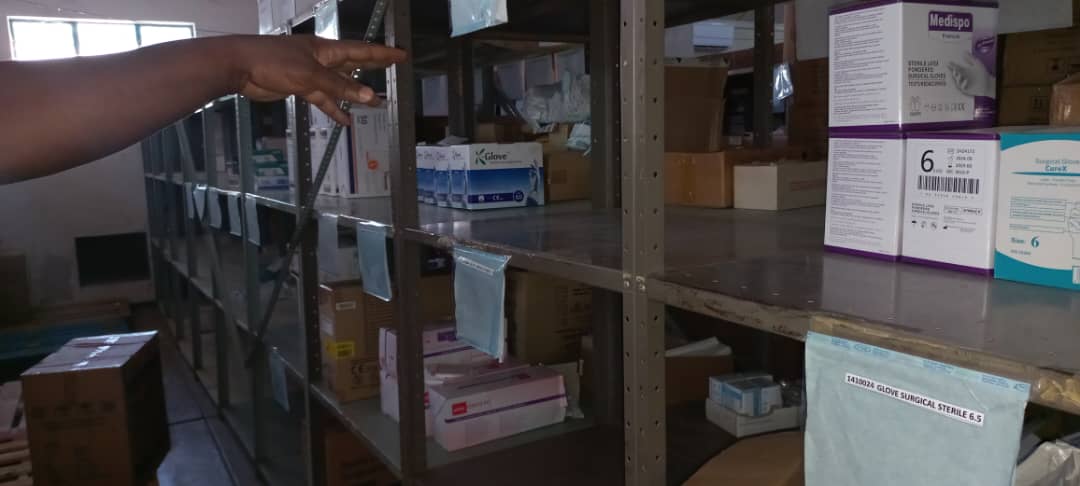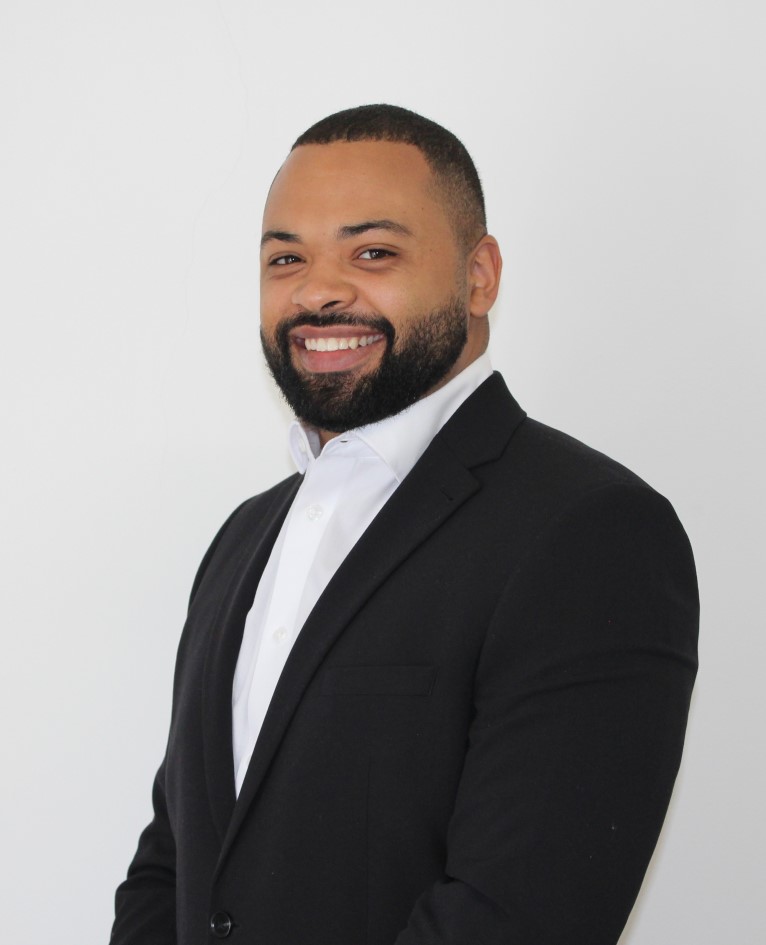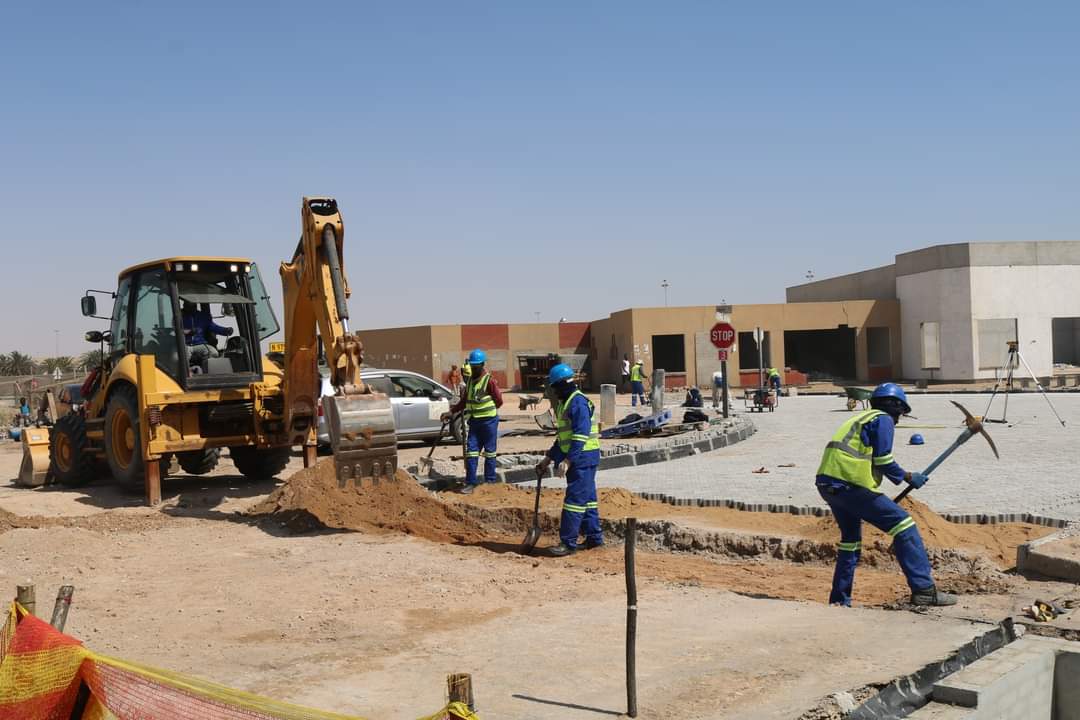THE United Nations Educational, Scientific and Cultural Organisation’s (Unesco) World Press Freedom Day celebrations are being held at the Polytechnic, an institution that does not allow journalists on its campus uninvited.
In a memo to security officers dated from October 2008, management informs security that ‘No members of the media are allowed on campus unless invited by Management’.The Polytechnic of Namibia is hosting the two-day conference organised by Unesco to mark the May 3 event.Windhoek was chosen as the site of the conference as it was here that the Windhoek Declaration on Press Freedom Principles was adopted in 1991.Hammered ut by African journalists during a Unesco seminar entitled ‘Promoting an Independent and Pluralistic African Press’, it was later endorsed by the Unesco General Conference.Subsequently the day of its adoption was marked as World Press Freedom Day. The document lists abuses against the press that took place in African countries’ fights for independence and puts forward key principles on the freedom of the press and its role in functioning democracies.As a result, it was surprising not to see any journalists or editors among the delegates at the conference, which had the theme ‘The Potential of Media: Dialogue, Mutual Understanding and Reconciliation’.The delegation consisted exclusively of journalism lecturers and NGO officials. The Media Institute of Southern Africa’s Gladwin Groenewald said in his opening statement that recent calls by African governments to curb private media were a huge concern for press freedom.He said State media had been used during the colonial era as an instrument of repression while the private media had ‘liberated the people of Southern Africa’.He mentioned the Namibian Government’s ban on advertising in The Namibian as an example of ‘an unfounded phobia of alternative voices’.He said the ban ‘does not take into account the fact that state resources are national resources and cannot be attributed to a singular grouping’.Groenewald said the increasing media regulation in Botswana as another big concern, as well as the South African government’s recent statements to move towards more media censorship.He noted that Misa recorded 163 press freedom alerts in 2008, with the most serious being an acid attack on a Tanzanian journalist, the closing down of Harvest FM radio station in Lesotho and the arrests and newspaper burnings in Zimbabwe.The rest of the first day’s proceedings of the conference were used to discuss curriculum challenges and reviews to achieve journalistic centres of excellence in Africa.To facilitate the growth of such centres, Unesco recently presented a global model curriculum for journalism studies, which is supposed to give guidance to institutions on what to include in their learning programmes. The model curriculum was compiled with the help of over 100 journalism educators, professional bodies and journalist networks.It emerged from the conference that a big part of what is holding institutions back is tight regulation by governments in terms of course content. Delegates from Ghana and Nigeria for example related that it is common practice for central government organs to closely define the content of curricula at journalistic institutions there.This is in contrast to South Africa, where Lynette Steenveld of Rhodes University in Grahamstown said her department is free to choose and change curricula easily.Namibia seems to fall somewhere between these two poles, with the Namibia Qualifications Authority imposing certain basic outcomes on institutions which they are then free to meet however they choose.
Stay informed with The Namibian – your source for credible journalism. Get in-depth reporting and opinions for
only N$85 a month. Invest in journalism, invest in democracy –
Subscribe Now!










